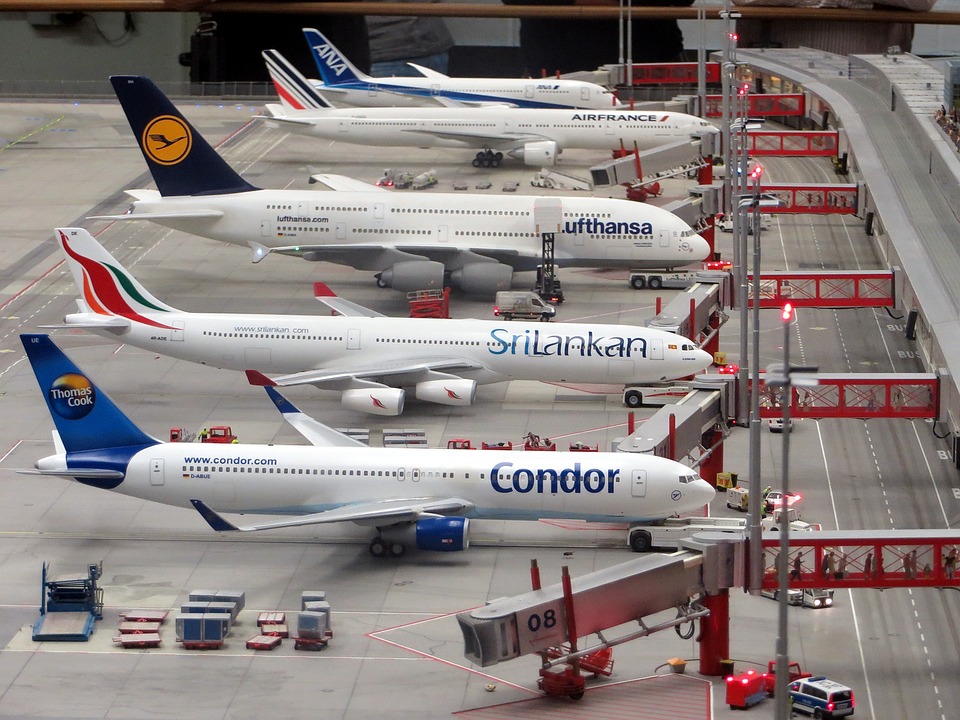Recent research has shown the immense value and opportunity to be realised in the Airline sector by operators if they adopt and harness the resources offered by advanced technological retail techniques. As the airline industry continues to recover from the disruptions of the COVID-19 pandemic, airlines are presented with a significant opportunity to enhance their retail strategies. The McKinsey report on airline retailing outlines key trends and actionable strategies that can help airlines capitalize on evolving consumer behaviors and preferences.
Market Dynamics and Consumer Trends
Airlines are facing a transformative period where traditional business models are being challenged. The rise of digitalization and the increasing demand for personalized travel experiences are pushing airlines to rethink their retail strategies. Consumers now expect seamless booking experiences that extend beyond flights to include a variety of ancillary services such as hotel accommodations, car rentals, and travel insurance.

Strategic Recommendations
- Personalization: Airlines must leverage data analytics to understand customer preferences and tailor offerings accordingly. By utilizing insights from customer data, airlines can create personalized marketing campaigns that enhance customer loyalty and increase ancillary revenue.
- Integrated Platforms: Developing an integrated platform that offers customers a one-stop shop for all travel-related needs can enhance customer experience. This includes bundling flights with additional services and providing a user-friendly interface for bookings.
- Dynamic Pricing: Implementing dynamic pricing strategies allows airlines to adjust prices based on demand fluctuations. This approach not only maximizes revenue but also aligns pricing with consumer willingness to pay.
- Partnerships and Collaborations: Collaborating with other service providers in the travel ecosystem can expand an airline’s offerings. Partnerships with hotels, car rental companies, and attractions can create value-added packages that appeal to consumers.
- Embracing Technology: Investing in advanced technologies such as AI and machine learning can streamline operations and enhance customer engagement. Tools that facilitate real-time communication and feedback can improve service quality and responsiveness.
Conclusion
The airline industry’s shift towards a more retail-oriented approach presents a compelling opportunity for growth. By embracing these strategies, airlines can not only enhance their competitive position but also meet the evolving expectations of their customers. As the landscape continues to change, those airlines that adapt quickly and effectively will be best positioned for success.
References
- McKinsey & Company: Ready for Takeoff: The Airline Retailing Opportunity
- IATA: Provides insights on consumer trends and the future of air travel.
- Skift: Analysis on the evolving landscape of travel retailing.
- Forbes: Discusses the importance of personalized experiences in the airline industry.
These sources provide a deeper understanding of the airline retailing landscape and strategies for airlines to enhance their offerings. If you need further elaboration or specific aspects to be highlighted, let me know!



